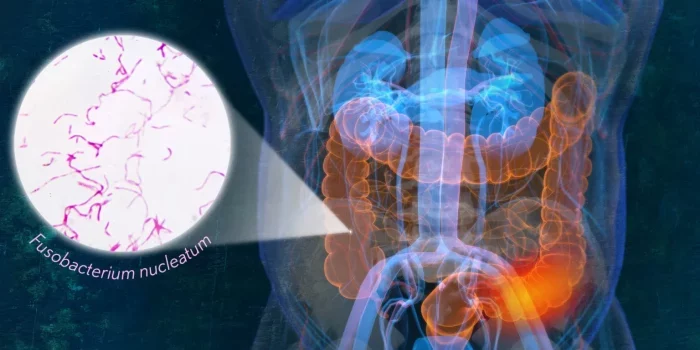(Jacob Bruns, Headline USA) As cases of colon cancer and other forms of cancer are on the rise, particularly among younger adults since the COVID-19 pandemic, scientists continue to speculate about the possible causes.
Many suspect a link between the cancers and the COVID vaccine, arguing that the artificially replicated mRNA mainpulates parts of the cell, as well as weakining the overall immunity of recipients, making them more vulnerable to diseases, including COVID variants.
Dr. Tenpenny explains how the shots destroy the immune system pic.twitter.com/DZHc5YvMYA
— illuminatibot (@iluminatibot) April 17, 2024
However, some researchers now suggest that bad breath may be to blame—or at lease a comorbidity.
A recent report from Scientific American indicated that there may be a link between the proliferation of cancer in the digestive system and a certain type of bacteria found in the mouth.
A study pointed to F. nucleatum—a form of Fusobacterium frequently found in human oral cavities—as a potential sign of colon cancer growth and development.
The bacteria are associated with dental plaque, and also with the gum disease gingivitis. Some types of the bacteria are able to resist acidic environments, as is found in the stomach, for instance, and therefore it can move throughout the body.
The study found that acid-resistant F. nucleatum in particular is associated with colon cancer, and may in the future provide warning signs of the cancer which, at the moment, can only be detected via surgery or colonoscopy.
Researchers even suggested that the bacteria can gather nutrients to feed on in a hostile environment.
According to the authors of the study, this finding could lead to new ways to diagnose, or perhaps even treat, colon cancer.
The study’s first author, Martha Zepeda–Rivera, said that the bacteria have been demonstrated to contribute “to this proinflammatory, pro-oncogenic environment,” in which colon cancer in particular can thrive.
Christopher Johnston, a geneticist at Fred Hutchinson Cancer Center and co-senior author of the study, was optimistic that the findings could be leveraged to anticipate and alleviate the risk of colon cancer.
“These results are like a roadmap since we’ve identified the specific clade in tumors,” Johnston said, adding that he and his team will continue to research.
“And now we’ve outlined the differences that can be investigated moving forward.”

